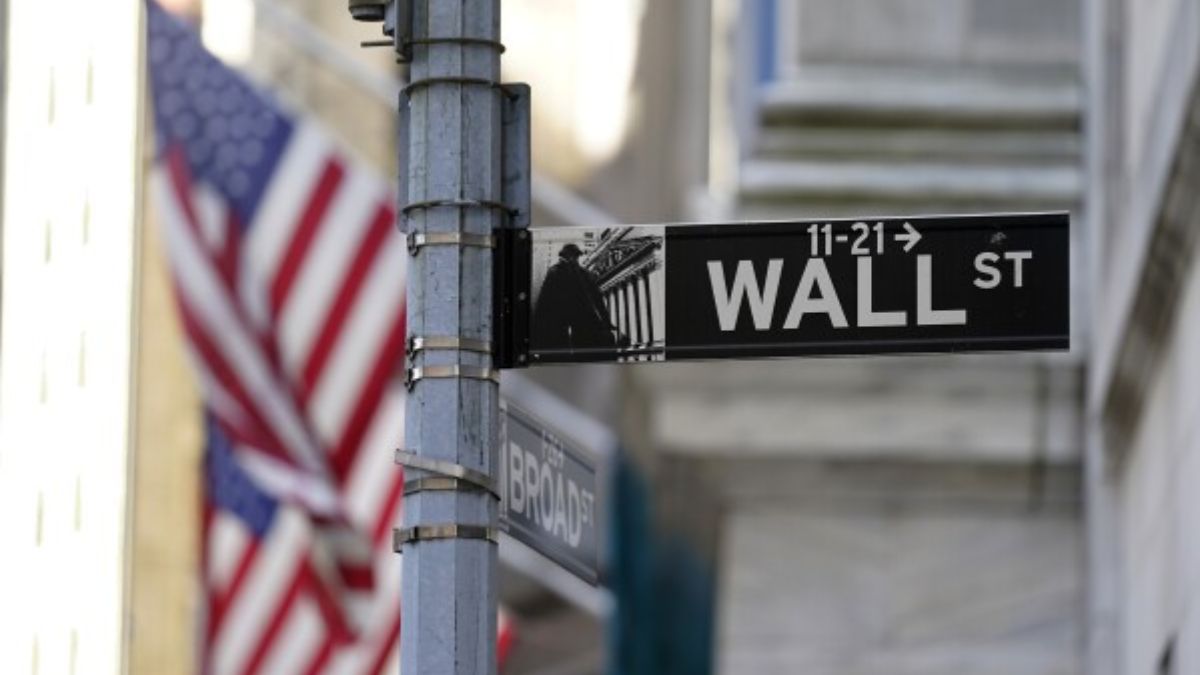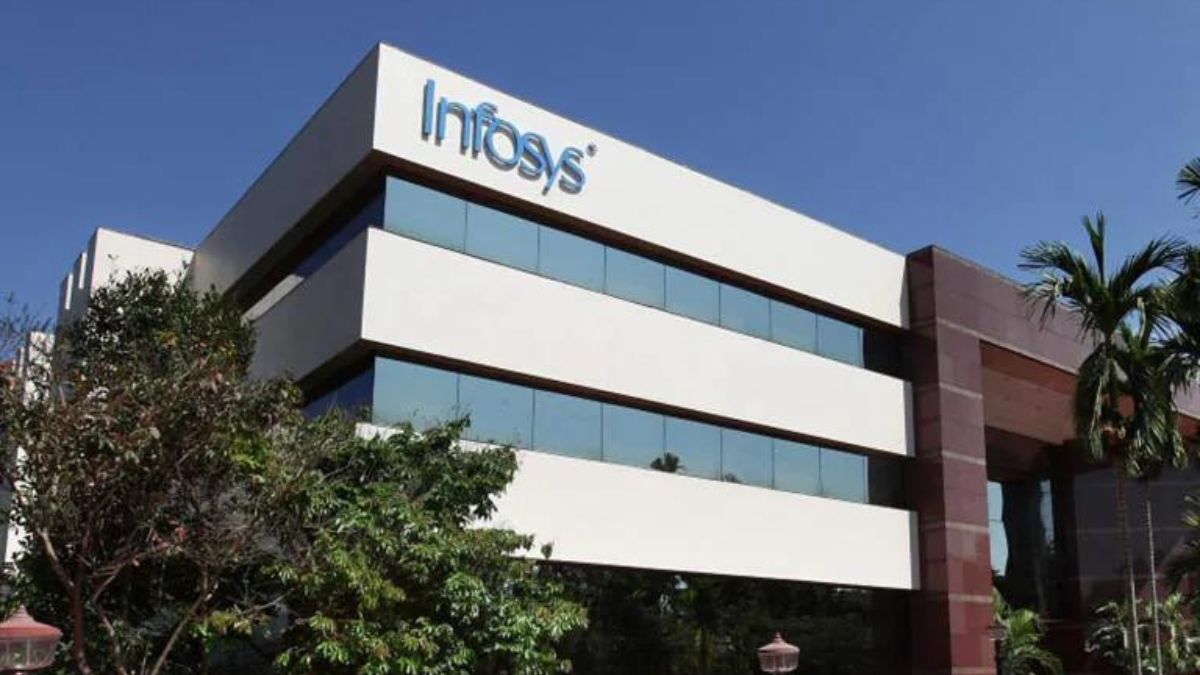US stock indexes experienced their worst losses since 2022. The S&P 500 fell 2.3 per cent, the Dow Jones dropped 1.2 per cent, and the Nasdaq tumbled 3.6 per cent read more
)
Wall Street stocks rose and the Dow Jones hit a record closing high on Tuesday (July 16). AP
US stock indexes suffered their steepest losses since 2022 on Wednesday, as profit reports from Tesla and Alphabet drained momentum from Wall Street’s enthusiasm for artificial intelligence technology.
The S&P 500 tumbled 2.3 per cent, or 128.61 points, to 5,427.13, marking its fifth decline in the past six days. The Dow Jones Industrial Average dropped 504 points, or 1.2 per cent, to 39,853.87. The Nasdaq composite slid 3.6 per cent, or 654.94 points, to 17,342.41.
Market movers
Tesla was one of the biggest drags on the market, plummeting 12.3 per cent after reporting a 45 per cent drop in spring profits, falling short of analysts’ forecasts.
Alphabet fell 5 per cent despite posting better-than-expected profit and revenue for the latest quarter. Analysts noted weaknesses, including slower growth in YouTube advertising revenue and concerns that increased AI investments and other spending might reduce future cash generation.
Nvidia dropped 6.8 per cent. Although not as severe as Tesla’s fall, it was still the heaviest weight on the S&P 500 due to its large market value.
Outside of Big Tech, Lamb Weston plunged 28.2 per cent, the worst loss in the S&P 500, after the supplier of frozen potato products reported weaker-than-expected profits for the latest quarter.
AT&T stood out positively, rising 5.2 per cent after its profit for the latest quarter met analysts’ expectations. Mattel surged 9.8 per cent, driven by profit growth in its Fisher-Price and Hot Wheels lines.
Bond market dynamics
Treasury yields were mixed on Wednesday following preliminary data indicating that U.S. business activity is shrinking in manufacturing but continuing to grow in service industries.
The overall data suggested a “Goldilocks” scenario, where the economy is neither hot enough to push inflation upwards nor cold enough to trigger a recession.
With inputs from AP

 1 month ago
10
1 month ago
10
)
)
)
)
)
)
)
)
)
)
)
)
)
)
)
)
)
)
)
)
)
)
)
 English (US) ·
English (US) ·